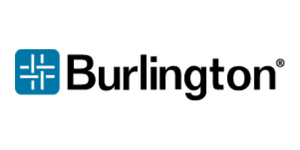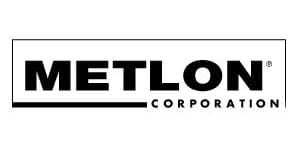As reported by Samchui, Keyvan Aviation is all set to offer its airline crew members, the world’s first antibacterial and antiviral uniforms.
Given how this year has unraveled, this sure is a welcome innovation that will set a trend in manufacturing uniforms for other sectors as well, going forward.
The fabric used by Keyvan Aviation has integrated a silver ion technology that actively suppresses the virus from multiplying.
The uniform is made of 97% cotton and is tested for international standards. It also has a moisture vapor transmission feature to provide all-day comfort to the crew members.
The fabric used is suitable for sensitive skin as well and retains its antimicrobial properties even after washing it for 100 times at 60° C.
Features of the fabric
- Comfort
- Slim fitting
- Antimicrobial
- Long time wash guarantee
- Skin-friendly
- Breathable
- Anti-odor
- Easy to remove stains
- Sustainable
According to Keyvan Aviation’s Chairman & CEO, Mehmet Keyvan, “We try to use a full-body cover design as a part of our main uniform design. It means that the body will be covered, but when you look to the crew you see they are well prepared, elegantly dressed, and ready to perform their duty. We are also offering a COVID-free label for our customers, so they can put it on the uniforms to inform their passengers that they already upgraded their uniforms to a higher standard, “ when asked about the difference in the uniform compared to the pre-COVID ones.
He also mentioned that the antibacterial and antiviral uniforms have a reduced risk of carrying virus and bacteria by 99.9%. However, the crew members are still needed to wear gloves and masks for better safety.
It was also confirmed that the uniforms follow ISO 18184 (Determination of the antiviral activity of textile products) as well as ISO 20743 (test method of determination of the antibacterial activity of textile products), and ASTM E2149 (Determining The Antimicrobial Activity Of Immobilized Antimicrobial Agents Under Dynamic Contact Conditions) standards.













